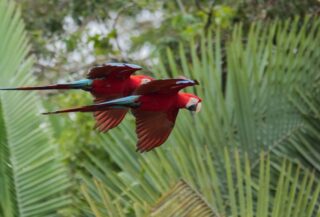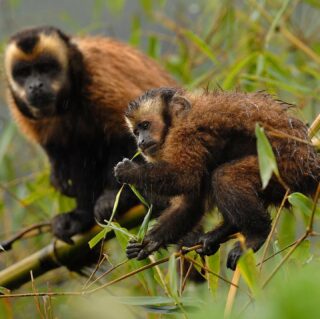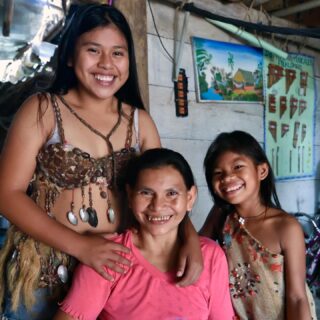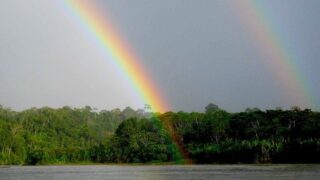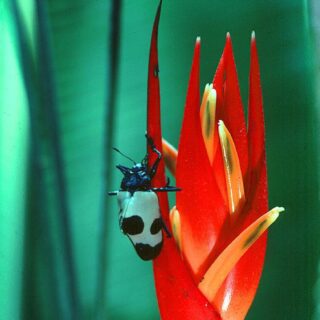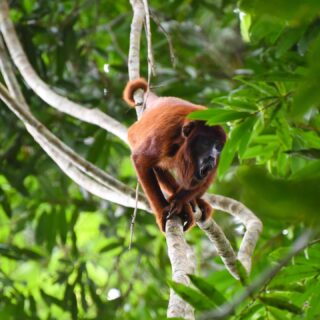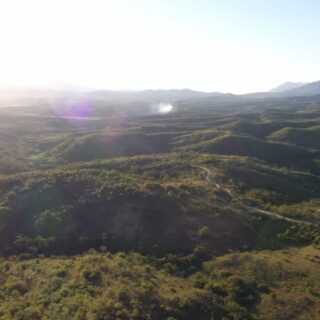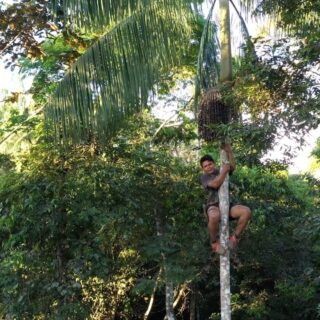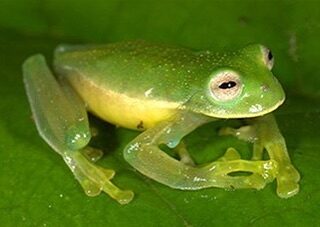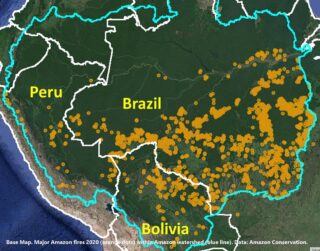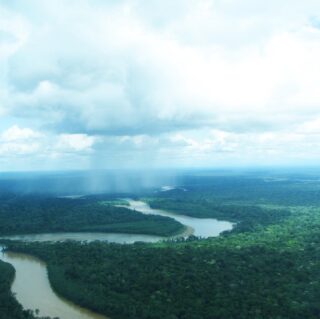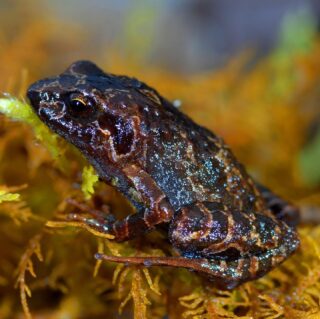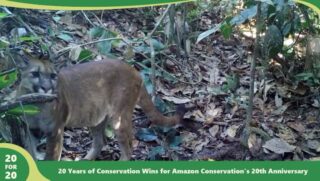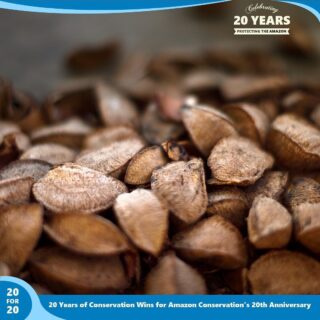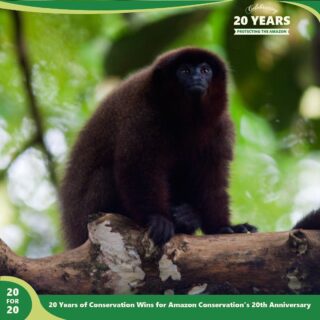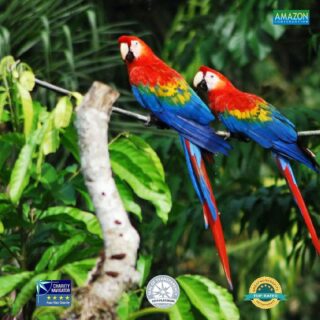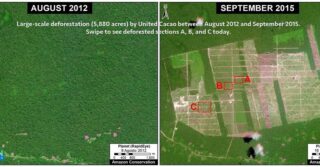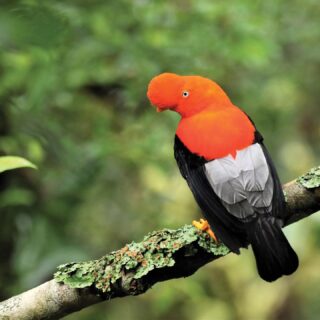Securing Organic Certification for Bolivia’s Flagship Conservation Area
September 23, 2021
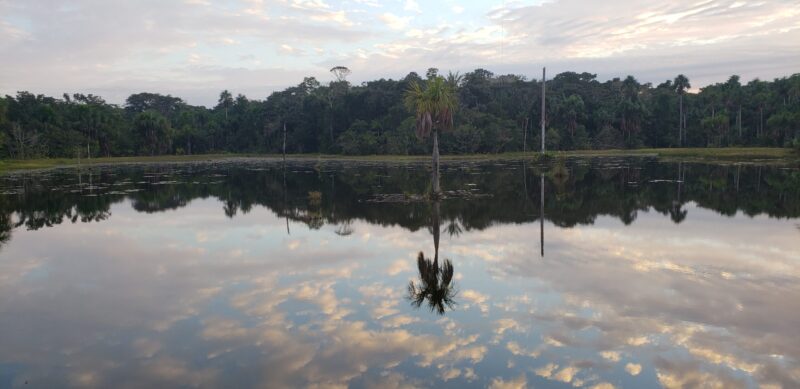 We recently helped solidify the renewal of the certification of the Manuripi-Heath Amazonian Wildlife National Reserve in Bolivia, and now more than 803,000 acres (325,000 hectares) have organic certification, a long-term task we’ve been working on since 2012. This was the result of extensive technical work from our sister organization in Bolivia, Conservación Amazónica-ACEAA along with the Bolivian National Service of Protected Areas (SERNAP in Spanish) and WWF-Bolivia.
We recently helped solidify the renewal of the certification of the Manuripi-Heath Amazonian Wildlife National Reserve in Bolivia, and now more than 803,000 acres (325,000 hectares) have organic certification, a long-term task we’ve been working on since 2012. This was the result of extensive technical work from our sister organization in Bolivia, Conservación Amazónica-ACEAA along with the Bolivian National Service of Protected Areas (SERNAP in Spanish) and WWF-Bolivia.
This annual certification includes 8 communities and 21 individual farms. With this distinction, local communities can manage the commercialization of their harvested Brazil nuts to the organic market. For the past ten years, the Manuripi-Heath Amazonian Wildlife National Reserve has been the protected area with the largest area of certified organic Brazil nuts, meeting the criteria of the Bolivian, European and American standards, which allows the Reserve to commercialize them in these markets and bolster local communities’ economies.
Organic certification is an incentive mechanism that assesses wild production for the development of specific markets, and every year more and more effort is required to maintain it. Areas must develop pre and post harvest activities and complete information specific to the harvesting of Brazil nuts, as well as follow specific norms for organic wild production. Over the past two years, certification has been even more complex due to limitations and restrictions caused by COVID-19. It is granted after a long process of inspection and assessment by a certification committee that evaluates all the supporting documentation, and is granted by the international certifier CERES – Certification of Environmental Standards, based in Germany.
This achievement was possible within the project “Strengthening sustainable productive capacities in communities of the Manuripi Amazon National Wildlife Reserve, Pando, Bolivia” which is implemented between Conservación Amazónica-ACEAA, WWF-Bolivia, and financed by BMZ, and WWF Germany.

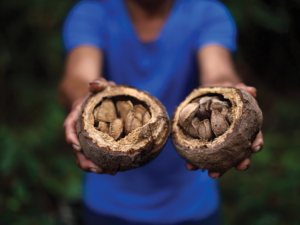
